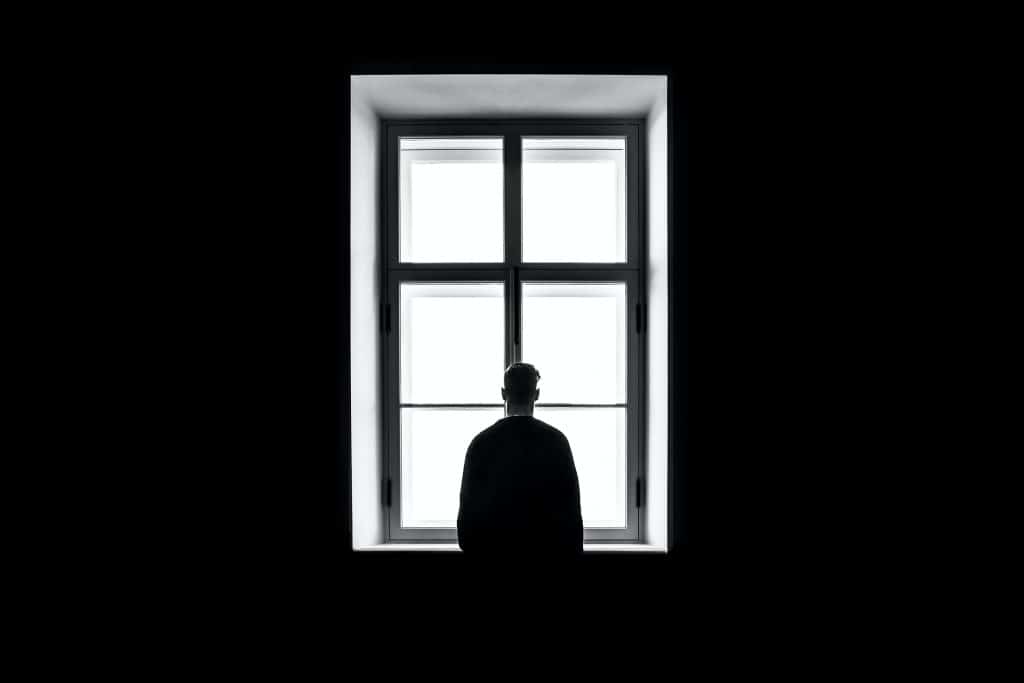How Do I Go Outside? Overcoming Social Anxiety After COVID-19

Evolution & Vestigial
To discuss social anxiety, we're going to start talking a little bit about evolution.
In evolution, we, well, evolve things.
For example, we have organs like the appendix that used to be useful to us as humans, but they're not necessary anymore. These are called vestigial organs or limbs.
A lot of times, evolution will leave behind vestigial parts that no longer serve a function.
What's happening right now in society is that going outside used to be a basic need, and now it's not that necessary anymore.
Going outside, to a certain degree, has started to become vestigial.
We have grocery and food delivery; we can hang out on Discord, Twitch, FaceTime, or social media; we can work online, and have a whole community online!
When life is changing, and what we need to survive is changing, there's a lot of judgment that comes along with it.
For example, when articles criticize younger generations for not knowing things that used to be expected, like changing a tire, building things, etc.
The difficulty of going outside can come with a side of shame, making it harder to face this.
The thing is, you actually don't need to go outside, but it's still healthy if you do. You're probably going to suffer if you don't go outside. But start by doing away with the shame and self-blame.
How do you reach this place?
We can also think of this difficulty from a societal point of view. What kind of society exists that allows people to grow without really learning how to "go outside"?
What kinds of circumstances must exist for some to evolve in this state that we're in right now?
What has to happen in our society that going outside becomes vestigial and a thing of the past?
Nobody is fundamentally messed up if they don't know how to go outside. This is a societal occurrence and shouldn't be treated with shame.
It's important to differentiate this from agoraphobia. The latter is a disorder, and what we're discussing is actually generational and societal, but not necessarily pathological.
What to do
If you're having trouble going outside, don't over-complicate it with different goals at the same time. For example, don't go out looking to make hobbies and make friends at the same time.
The first thing you should do is literally go outside. Grab a book, a kindle, a phone, and go outside for a walk, library, park, or any other public space that's socially acceptable for you to be alone.
Go to a public space and simply hang out by yourself.
Things to do outside

How to start
At the start, don't even worry about interaction, just go outside and do simple activities by yourself.
You might feel the urge to avoid these situations, but start by occupying yourself.
You want something to do because if you feel socially awkward, you need to have something at the beginning to alleviate that social awkwardness and do something socially acceptable.
Start by just going outside, sitting at a park bench, taking a walk, doing some reading, and then coming home.
The important thing is that you're leaving the house and doing activities outside, even if you're by yourself.
Activities to do outside
Some activities might be listening to an audiobook or podcast while on a walk; reading a book on a park bench; going to a museum or exposition; going to a farmer's market.
Do that ideally for 2 to 3 times a week, and when you're ready, bump it up a notch.
Go to a bookstore and ask for help, actually interact with other people, just for the sake of the interaction. You don't need to do it with the objective of making friends.
The next step is joining maybe a club or group activity.
For example, if you go to a bookstore, ask if there's a book club that you could join. Or if you like walking, look for planned group hikes.
For people who are concerned about social interaction, the main thing is focusing on the activity or hobby first, and the social interaction second.
Recognize that people aren't in these places to necessarily make friends, and if you don't make friends, that's not a big deal.
Always focus on the activity at hand, and after a few tries, you're bound to get friendly with people.
Friendship is going to be an organic happening. Once you hang out with people on a regular basis, it will start to happen.
Development of friendship
Making friends usually requires a couple of things:
1. Repeated unplanned interactions
You have to, basically, run across the same people over and over again. That's why it's easier to make friends at school, for example.
2. Common cause
You have to have a shared goal that you unite around. For example, in a class, you can have a common goal of passing a test, then you start exchanging notes and studying together.
It is hard overcoming social anxiety, but focusing on these steps can make things easier.
And remember, like any other activity, things will become much more natural with a lot of practice!